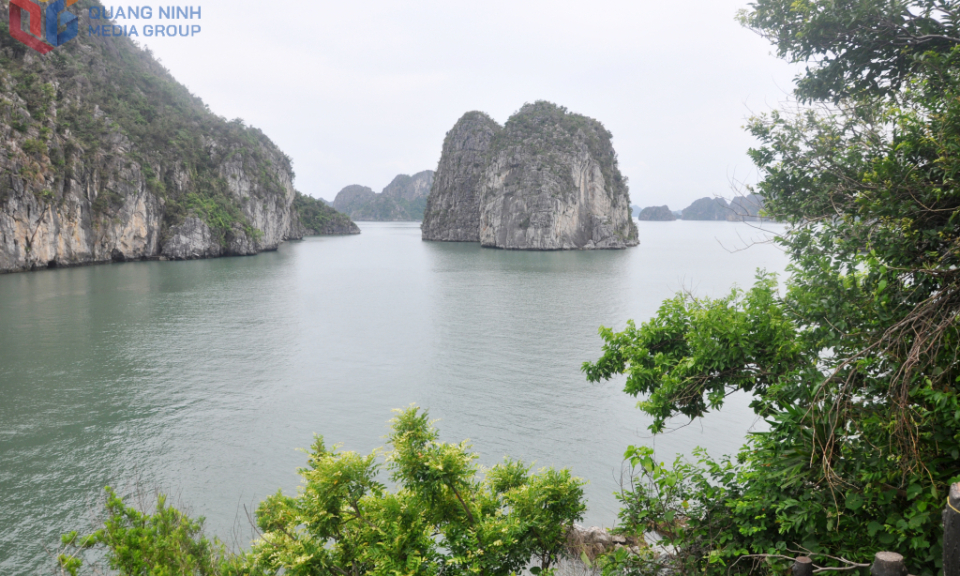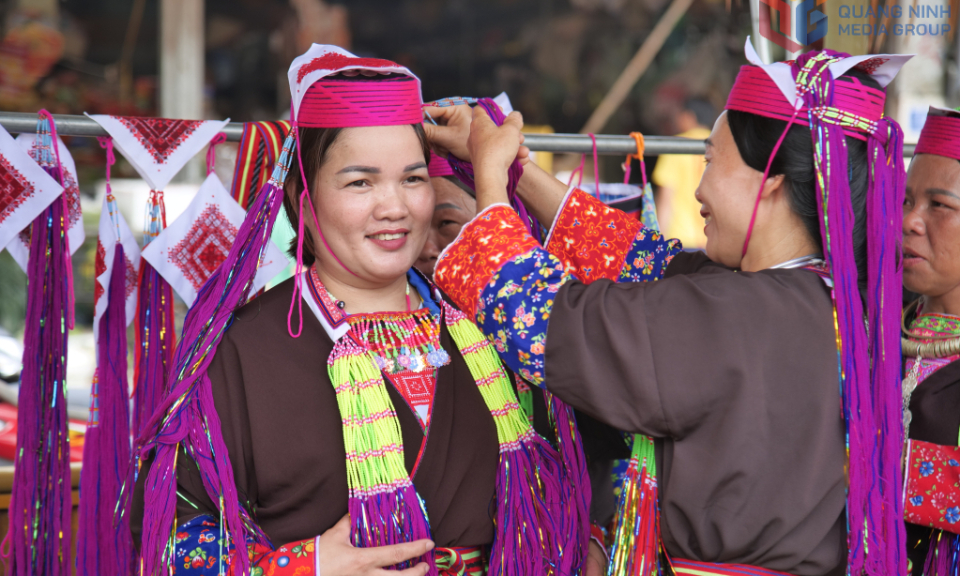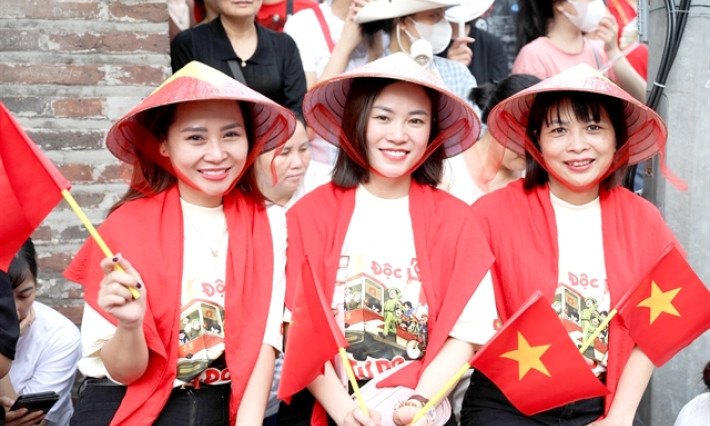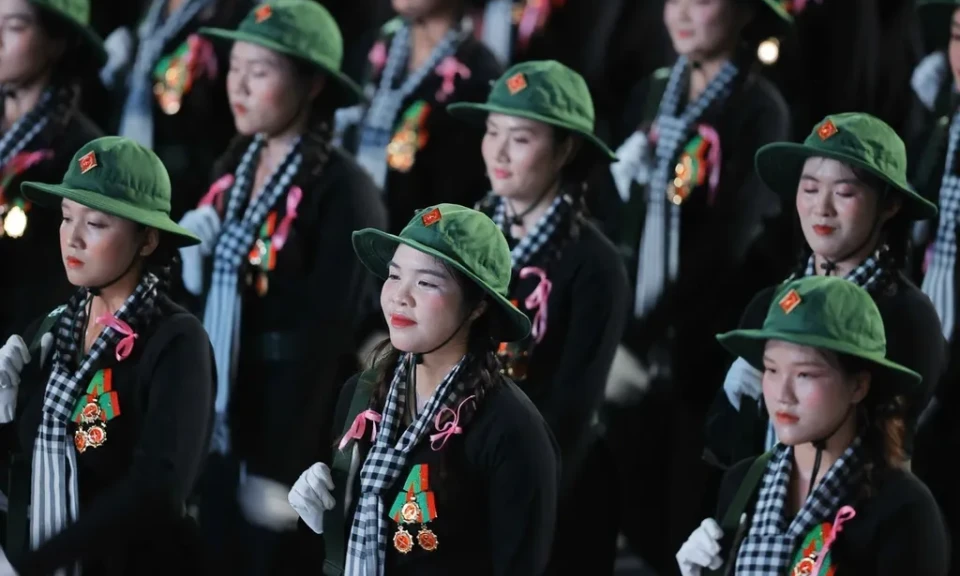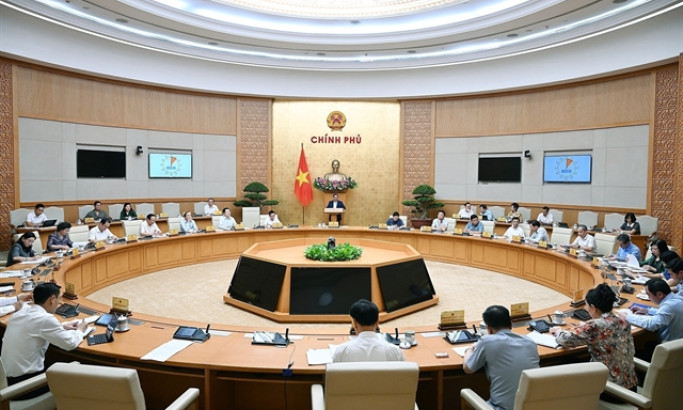PM leaves for WEF-54, official visits to Hungary, Romania
Prime Minister Pham Minh Chinh, his spouse and a high-ranking Vietnamese delegation left Hanoi on January 16 early morning for attendance at the 54th Annual Meeting of the World Economic Forum (WEF-54) in Davos, Switzerland and official visits to Hungary and Romania from January 16-23.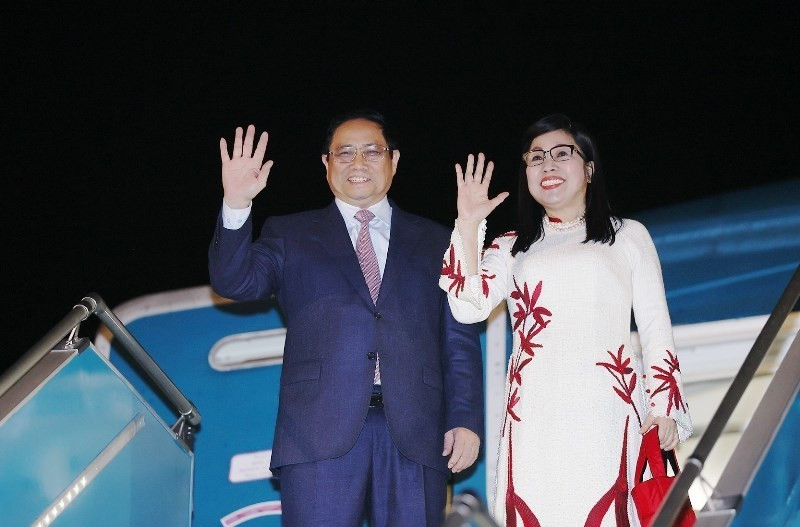
The PM is accompanied by Minister of Foreign Affairs Bui Thanh Son, Minister of Planning and Investment Nguyen Chi Dung, Minister of Industry and Trade Nguyen Hong Dien, Minister of Education and Training Nguyen Kim Son, Minister of Science and Technology Huynh Thanh Dat, Governor of the State Bank of Vietnam Nguyen Thi Hong, Chairman of the Ho Chi Minh City People's Committee Phan Van Mai, Deputy Minister of Public Security Sen. Lieut. Gen. Luong Tam Quang, Deputy Minister of National Defence Sen. Lieut. Gen. Vu Hai San, deputy head of the Government Office Do Ngoc Huynh, and Deputy Minister of Agriculture and Rural Development Hoang Trung.
Convening from January 15-19 under the theme “Rebuilding Trust”, the WEF-54 will bring together more than 2,800 leaders from 120 countries.
Vietnam is among the nine partners proposed by the WEF to co-organise a Country Strategic Dialogue on Vietnam, and and PM Chinh is one of the eight leaders chosen for a separate dialogue session with WEF, underscoring the recognition and appreciation from the WEF and multinational corporations towards Vietnam’s role, international position, achievements and development vision.
After attending the WEF-54 , PM Chinh will pay official visits to Hungary and Romania, with the aim of further strengthening political trust, elevating and enlivening the traditional friendship between Vietnam and the European countries, promoting and bringing traditional areas of cooperation between Vietnam and the two countries to a new stage, expanding collaboration in areas of potential and strength, and tightening the friendship between the people of Vietnam and the two countries.
The Vietnamese government leader’s visits are also expected to connect Vietnam with the Central and Eastern European region, and foster relations between the two countries and ASEAN, towards closely coordinating in resolving global issues, and contributing to peace, stability, cooperation and development in the region and the world.

